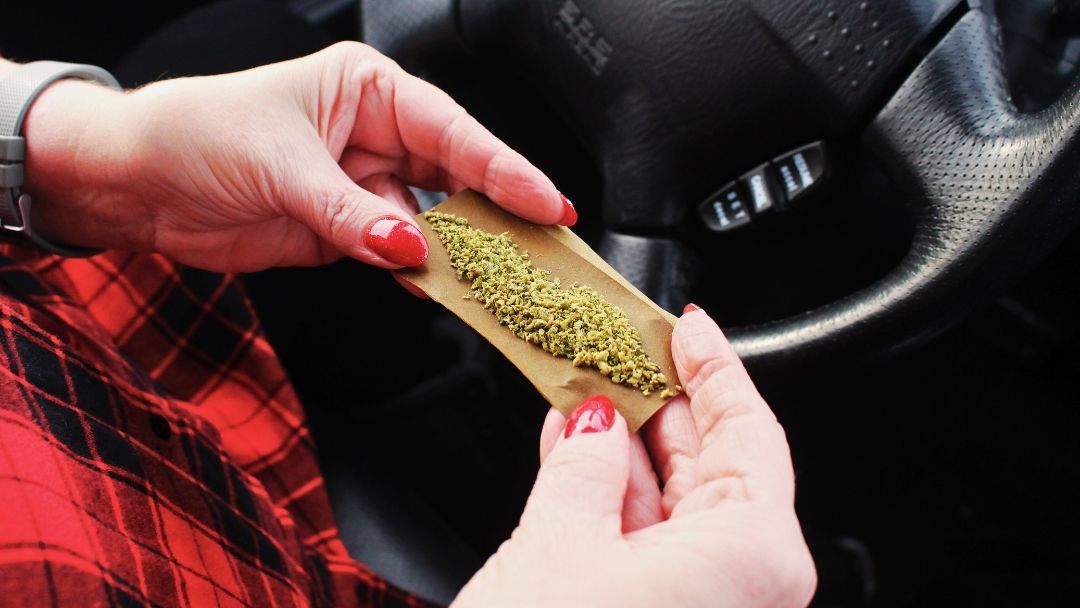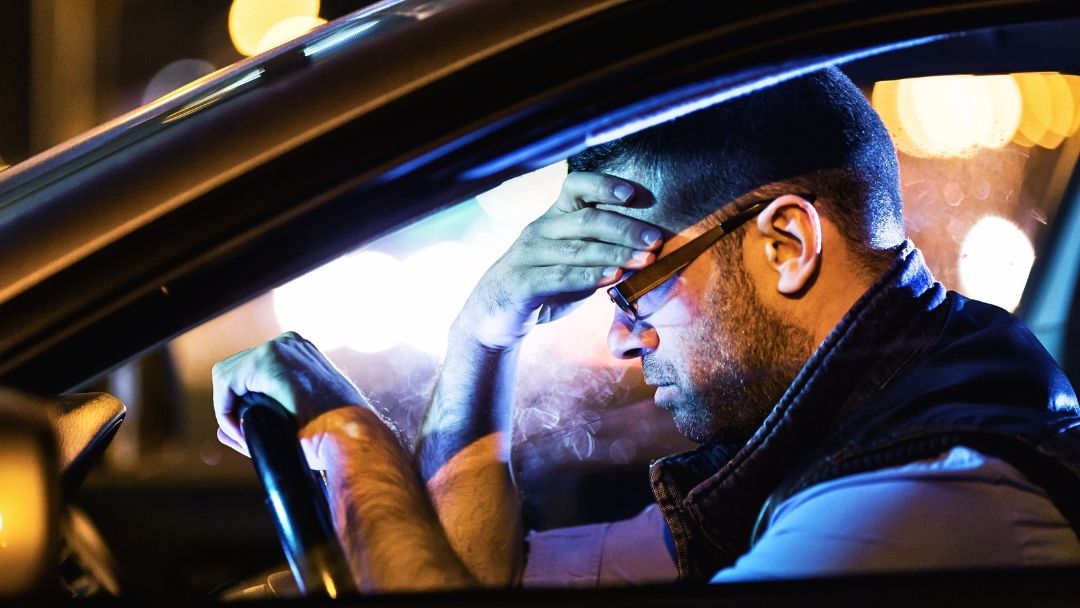Recreational cannabis is legal in Canada, but driving under the influence of it is not. According to a recent survey by CAA South Central Ontario, nearly 1 in 5 drivers admitted to using cannabis before getting behind the wheel - a number that’s up 5% from last year. That statistic should raise eyebrows, especially for workers in safety-sensitive fields like construction, where the consequences of impaired driving can be deadly.
Whether you use cannabis medically, recreationally, or not at all, it’s essential to know the rules, risks, and realities of cannabis and driving in Canada.
Whether you use cannabis medically, recreationally, or not at all, it’s essential to know the rules, risks, and realities of cannabis and driving in Canada.

How Cannabis Affects Your Ability to Drive
Cannabis isn’t the same as alcohol, but that doesn’t mean it’s safe behind the wheel. THC, the psychoactive compound in cannabis, can impact coordination, reaction time, depth perception, and focus. All of which are critical when operating a vehicle.
While some people believe that using small amounts or driving short distances is harmless, this is a dangerous myth.
In reality, you may feel fine but still be impaired, especially if you’ve consumed edibles or high-THC strains. The effects can last several hours, and even longer for some people depending on dosage, method of consumption, and tolerance.
In reality, you may feel fine but still be impaired, especially if you’ve consumed edibles or high-THC strains. The effects can last several hours, and even longer for some people depending on dosage, method of consumption, and tolerance.
What the Law Says in Ontario and Across Canada
In Ontario, and under the Criminal Code of Canada, it is illegal to drive if you are impaired by any drug, including cannabis. Police can test drivers using Standard Field Sobriety Tests (SFST) or oral fluid screening devices. If you fail or refuse these tests, you can face serious consequences - even if cannabis is legal in your province.

Penalties for cannabis-impaired driving can include:
- Immediate license suspension
- Fines and legal fees
- A criminal record
- Vehicle impoundment
- Possible jail time, depending on the severity
And if you’re a new driver (G1/G2), or operating a vehicle for work (especially with a commercial driver’s license), zero-tolerance rules apply. That means you can’t have any THC in your system—even if you’re not “high.”
Driving Safely: What Cannabis Consumers Need to Know
So what can you do to stay safe and legal if you use cannabis? Whether it’s medical or recreational, here are a few practical tips:
Wait it out – Avoid driving for at least 6 hours after inhalation and up to 12 hours for edibles, depending on your dosage.
Plan ahead – If you know you’ll be using cannabis, arrange for alternative transportation: public transit, a ride from a friend, a taxi, or a rideshare app.

Know your limits – Everyone metabolizes cannabis differently. Just because a friend feels fine an hour later doesn’t mean you will.
Medical cannabis patients—carry your paperwork – Having a prescription won’t excuse impaired driving, but it’s important to have documentation if questions arise.
At work? Know the policy – Some jobs have strict drug and alcohol policies, and a positive test - even from cannabis use off the job - can lead to suspension or termination.
Driving Safely: What Cannabis Consumers Need to Know
The risks of mixing cannabis and driving are too big to ignore. Impaired driving laws are enforced just as seriously for cannabis as for alcohol, and the impact of an accident or charge can be career-ending, especially in high-risk industries like construction.
With stronger cannabis products on the market and more Canadians consuming cannabis regularly, the need for education and responsible use is more important than ever. Whether you're a recreational user or using cannabis to manage pain or anxiety, make sure you're safe, legal, and clear-headed before you get behind the wheel.
Stay sharp. Stay safe. Don’t drive high.
